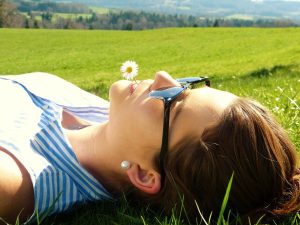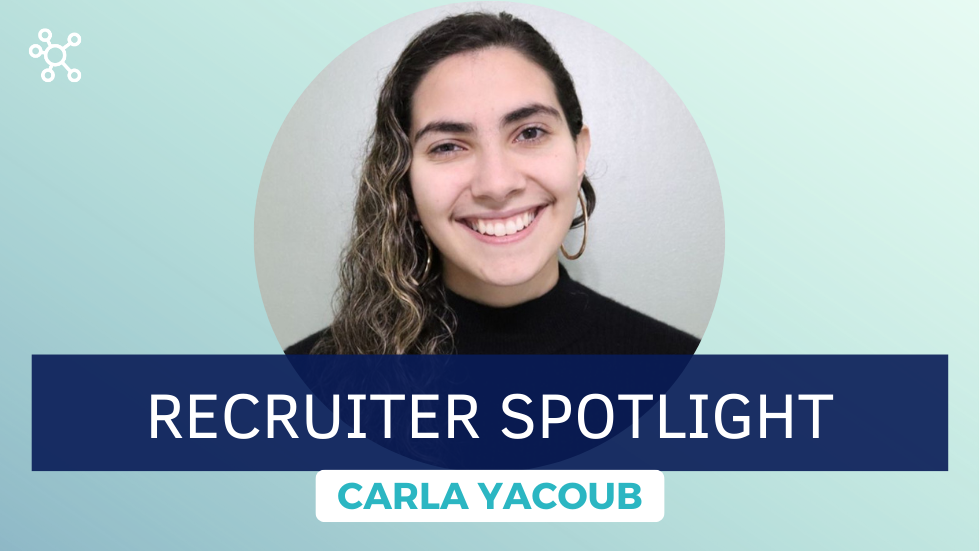
Most of us professionals today have the mentality that the harder we work, the more results we produce. However, that is absolutely not the case. I compare that to a racehorse running with their blinders on – all you do is go full steam staring straight ahead at the finish line without looking around and opening your mind to other alternatives for the solution.
Meditation for Brain Health
The brain needs diverse activities for plasticity and proper stimulation. Different creative activities stimulate various parts of the brain. For example, exercise increases the heart rate, thereby providing more blood flow to the brain and enhancing its activity. Exercise stimulates brain plasticity by increasing growth factors that are crucial for the formation of new connections in the cortical areas of the brain (1). Studies show that meditation helps preserve the aging brain. Compared to non-meditating counterparts, the participants who meditated retained more gray matter and increased cortical thickness in the hippocampus which governs learning and memory (2-3). Meditation has also been shown to decrease activity in the default mode network (DMN), the part of the brain responsible for mind-wandering. Hence, meditation improves concentration (4).
Art, music, and literature have just as significant positive effects on the brain and, in turn, on one’s productivity. Whether you are looking at art or creating it, listening to music or playing an instrument, writing for enjoyment or reading, the effects are tremendous. (5-6)
In addition, all of these activities increase attention and concentration while decreasing anxiety and depression. These are, of course, only a few examples of creative activities. You find what your passion is and pursue it whether it’s taking a walk in nature or cooking a fantastic meal (watching TV doesn’t count!). Every time you perform a creative activity, it will improve your brain plasticity, relax your mind, and take your thoughts off the problem at hand, which in turn, will help you think outside the box.
An excellent example of the importance of the effects of creativity on utilizing knowledge is the Finnish school system. Although a small country that not many know much about, students in Finland consistently score high on the PISA test which includes 72 countries and measures the level of knowledge in science, math, and reading. 93 percent of Finns graduate from academic or vocational schools, and 66 percent go on to pursue higher education (7-8). Yet Finnish schools have little homework, short school days, and children don’t start school until seven years of age. How is this possible?
Part of the explanation is: that’s exactly why. Besides the excellent quality and training of the teachers, the children get to be children. In other words, they get to be creative. Emphasis is placed on arts, music, sports and playtime just as much as academic subjects. One might think that this would have a negative effect on learning, but it’s quite the opposite. Children are more focused in class, can concentrate on acquiring knowledge, and learn to be problem-solvers rather than memorizing material.
The Importance of Play
As an adult, we often get so overwhelmed by work, bills, family, and life in general that we forget the importance of ‘play’. Due to all the things we have to accomplish during the day, we don’t allow ourselves to enjoy, to relax. This is detrimental, not just to one’s health and mental status, but also to succeeding in one’s career. We all need to take some time out of the day to enjoy a creative activity of our choice. There is absolute truth to the old saying ‘All work and no play makes Jack a dull boy’.
Source: https://www.ncbi.nlm.nih.gov/pubmed/15159540





